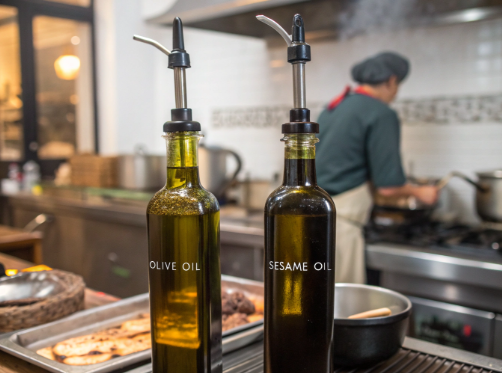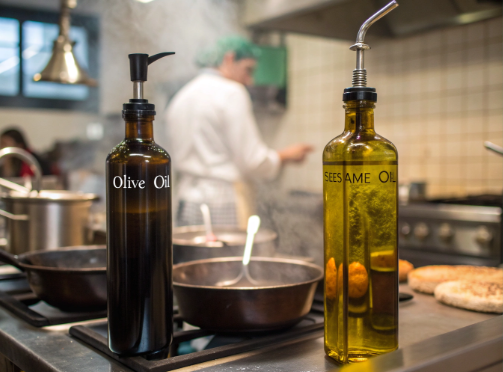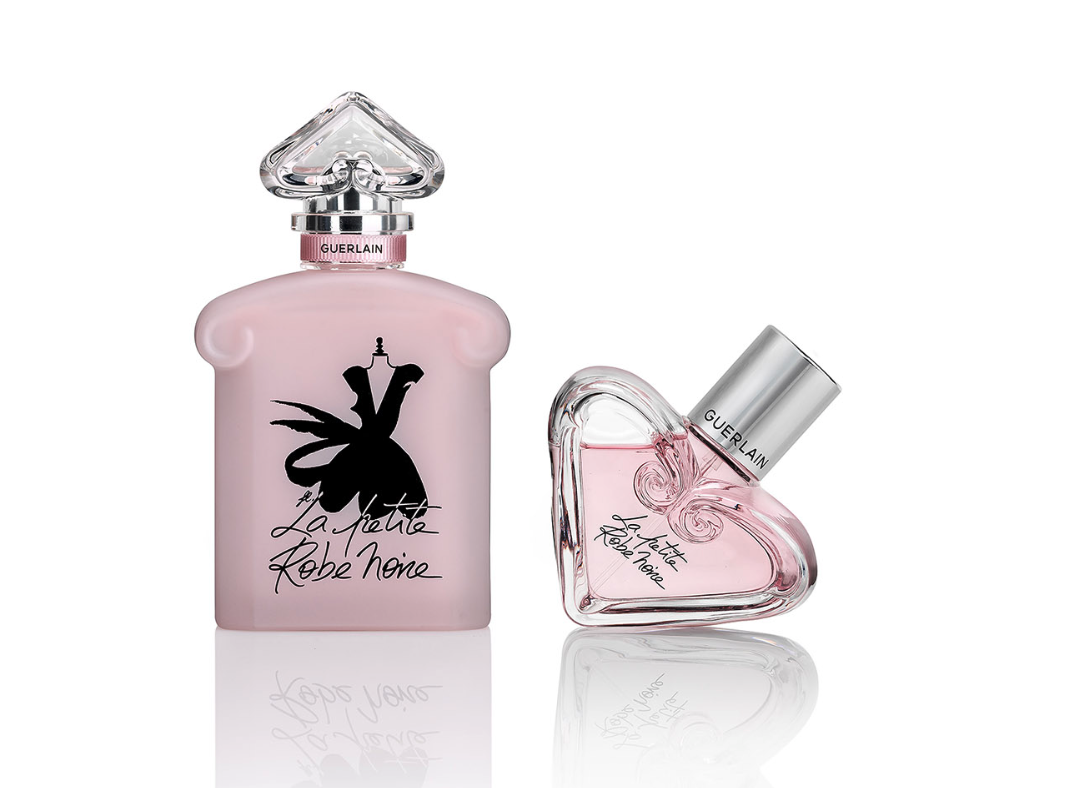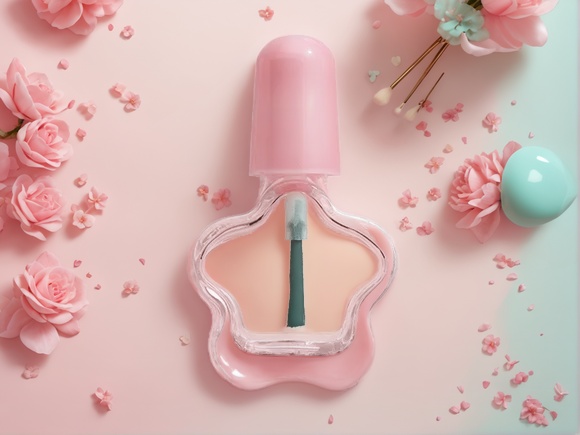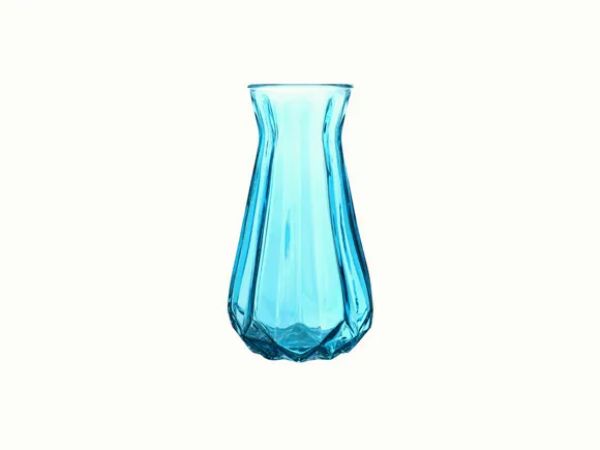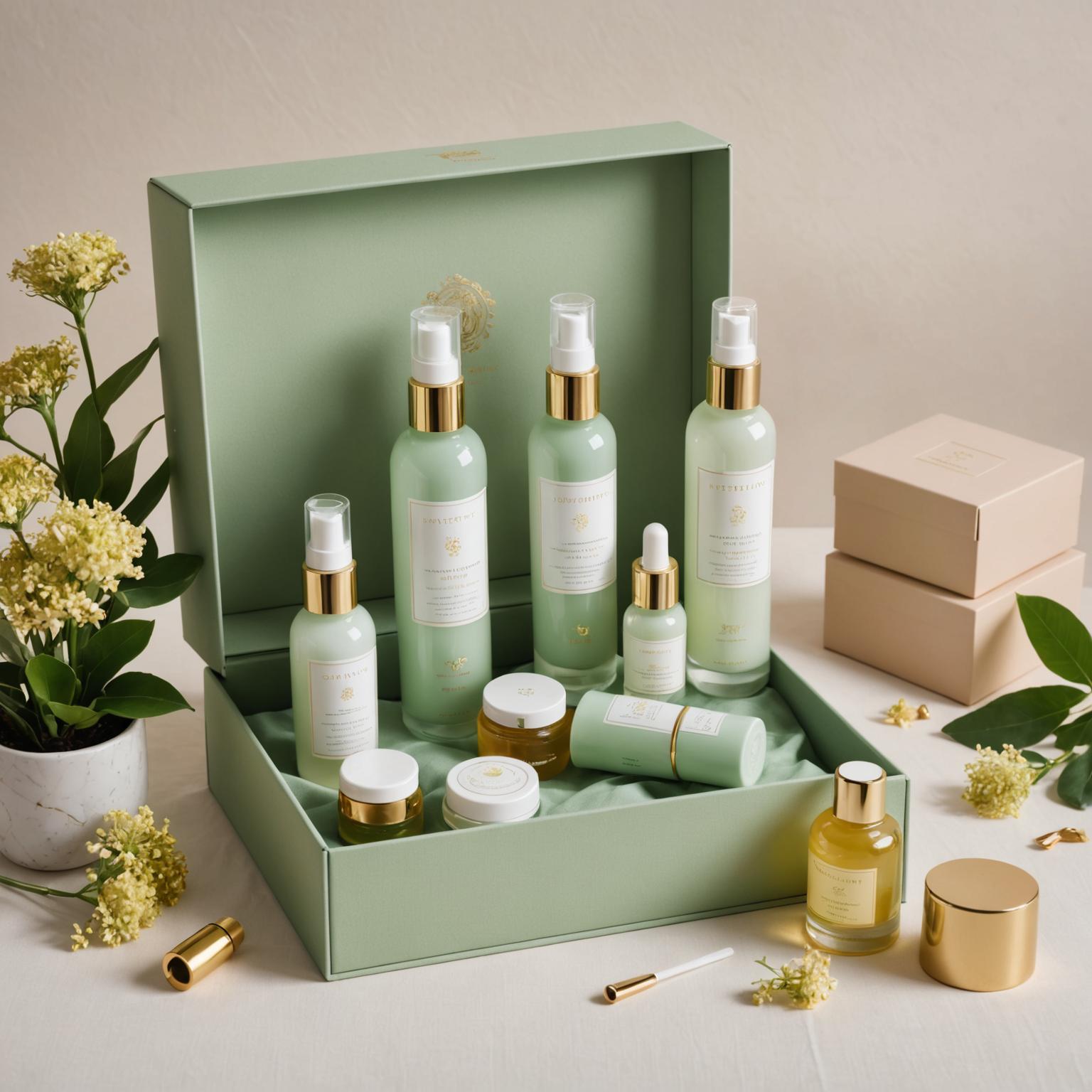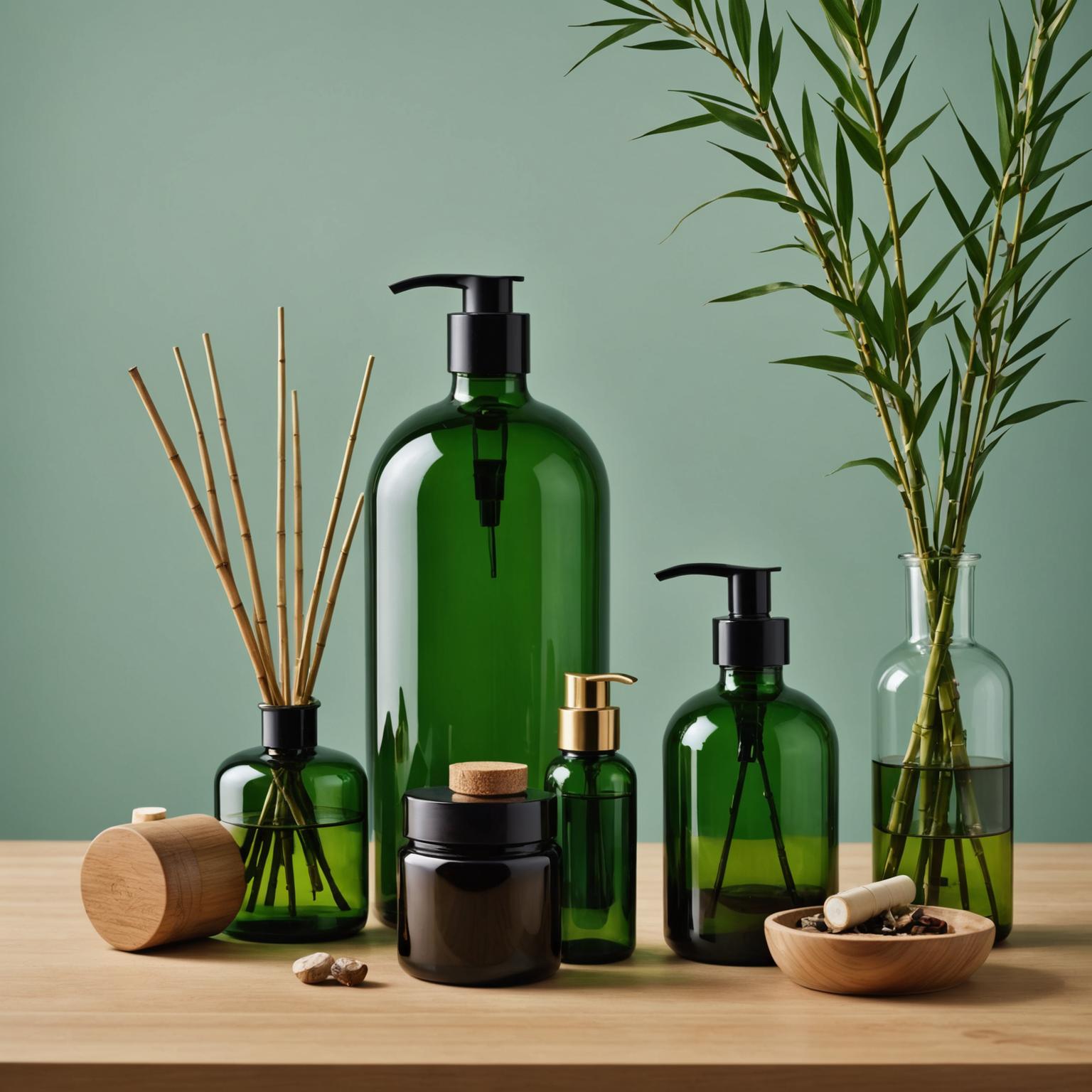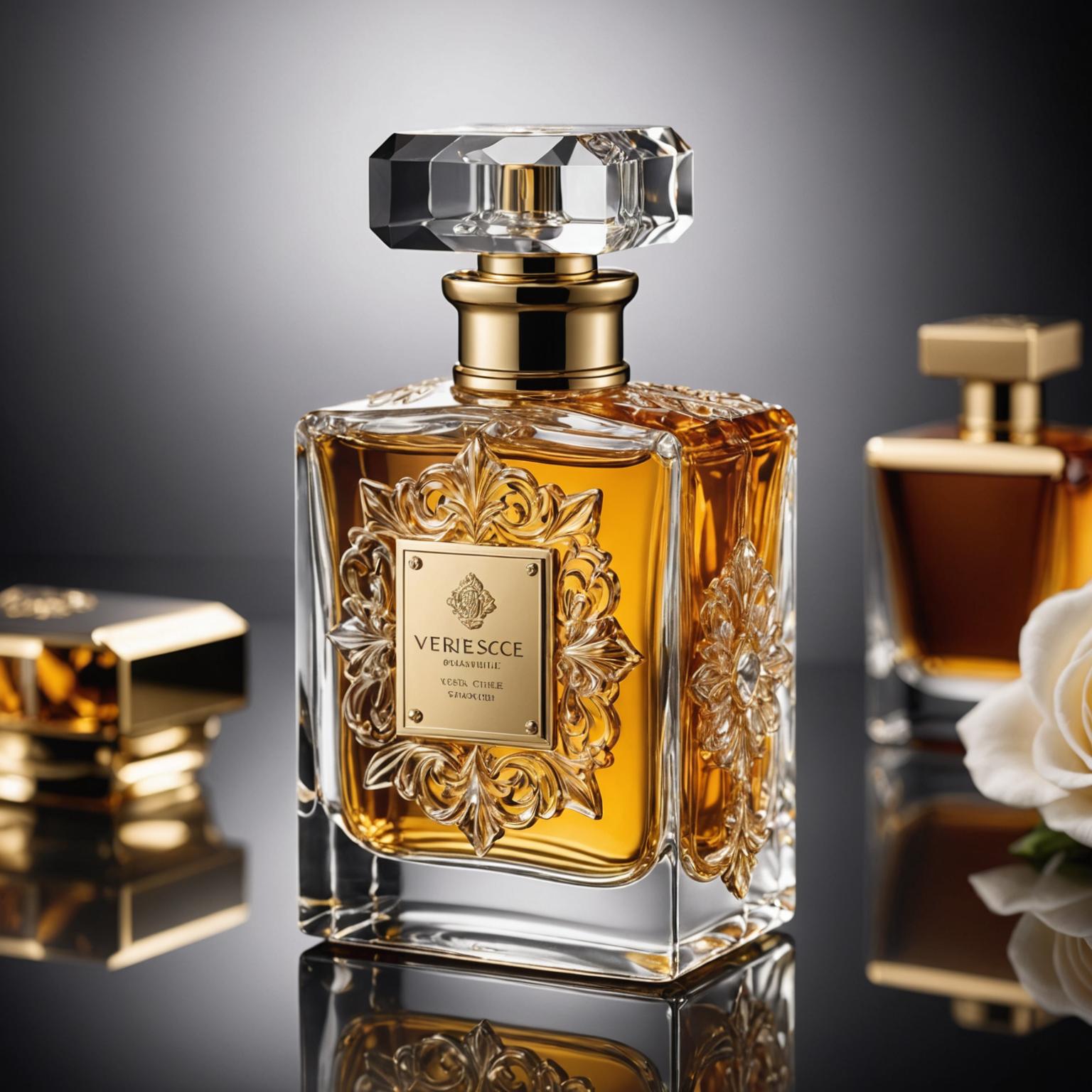Olive oil on the counter, sesame oil by the wok—most home cooks keep oils within arm’s reach. But are those bottles actually protecting the oil?
The best bottles for storing oils near the stove are dark glass bottles with airtight pour spouts or pumps—designed to protect against heat, light, and air.
At PauPack, we manufacture food-safe bottles for both cosmetic and culinary use. Here’s how to choose the right oil container for kitchens that get hot, busy, and daily use.
What is the best container for storing cooking oil?
Not all oil bottles are created equal—especially when they sit near a heat source.
The best containers for cooking oil are opaque or dark glass bottles with a secure cap or dispenser to minimize exposure to light, air, and heat.
Oils are sensitive to oxidation. Sunlight, air, and high temperatures accelerate rancidity, leading to:
-
Bitter or sour flavors
-
Loss of nutrients (especially in cold-pressed oils)
-
Sticky texture and foul odor
Ideal Features for Cooking Oil Bottles
| Feature | Why It Matters | Recommended Type |
|---|---|---|
| Dark Glass (Amber/Green) | Blocks UV and visible light | Olive, avocado, sesame oils |
| Airtight Lid | Prevents air oxidation | Stainless cap or silicone seal |
| Controlled Pour Spout | Reduces spill and air exposure | Flip-top or anti-drip spout |
| Heat Resistance | Glass won't warp or release toxins | Borosilicate or food-grade glass |
Many PauPack clients in the specialty food or gourmet kitchen space opt for amber glass pour bottles with bamboo collars—combining function with counter appeal.
What is the best bottle to store oil in?
For both home kitchens and retail brands, shelf stability and ease of use are top priorities.
The best bottle to store oil in is a dark glass or stainless steel bottle with a narrow neck and sealable spout—safe for long-term use near heat and light.
Plastic containers, while common, can degrade over time—especially when oils contain natural antioxidants that react with synthetic materials. Metal bottles are durable, but glass remains the most inert and aesthetic choice for most brands.
Bottle Material Comparison
| Material | Pros | Cons |
|---|---|---|
| Amber Glass | Inert, UV protection, elegant | Fragile if dropped |
| Stainless Steel | Durable, blocks light completely | Industrial look, harder to customize |
| PET Plastic | Lightweight, affordable | Poor UV resistance, leaches over time |
| Ceramic | Stylish, solid insulation | Heavy, breakable |
PauPack offers food-grade amber glass bottles in 250ml to 1000ml sizes, often used for oil + vinegar duos or artisan cooking blends.
What kind of bottle for oil?
It depends—are you pouring at the stove, storing on a shelf, or gifting a gourmet set?
For kitchen use, choose a narrow-neck glass bottle with a controlled pour top; for shelf storage, use a dark glass bottle with a tight cap; for gifting, use customized glass with decoration.
There’s no “one-size-fits-all,” but the bottle must always meet two key requirements:
-
Preserve oil freshness
-
Support safe, mess-free dispensing
Bottle Style & Use Case Matching
| Bottle Type | Best For | Features |
|---|---|---|
| Swing-Top Glass Bottle | Infused oils, gifting | Airtight seal, rustic design |
| Dropper Glass Bottle | Tasting kits, truffle oil | Controlled drops, small volumes |
| Pour Spout Bottle | Daily stove use | Flip-top or drip spout |
| Pump Bottle | Salad oils, controlled portioning | Press pump, less mess |
PauPack also provides custom logo printing, foil stamping, and glass etching for culinary brands launching high-end oil lines.
Can I store oil in a glass bottle?
Absolutely—and in fact, you should.
Yes, oil can (and should) be stored in glass bottles—especially dark or tinted glass, which protects against oxidation and keeps the oil fresh longer.
Glass is inert, meaning it doesn’t react with acidic or antioxidant-rich oils. It also doesn’t absorb scent, color, or taste. That’s why olive oil brands and gourmet product lines overwhelmingly use glass—not just for looks, but for shelf life.
Bonus Benefits of Glass Oil Bottles
-
Recyclable and reusable
-
Non-toxic, even when heated
-
Compatible with food-safety regulations worldwide
-
Customizable for branding (shape, label, decoration)
At PauPack, we’ve helped dozens of kitchenware brands develop their signature oil bottles—often matching bottles across oil, vinegar, soy sauce, and even cooking wine.
Conclusion
In the kitchen, convenience matters—but oil quality matters more. Choose dark glass bottles that are built for the heat, light, and daily use of modern cooking.
Keep your oils fresh, functional, and beautifully displayed—right next to the stove.




